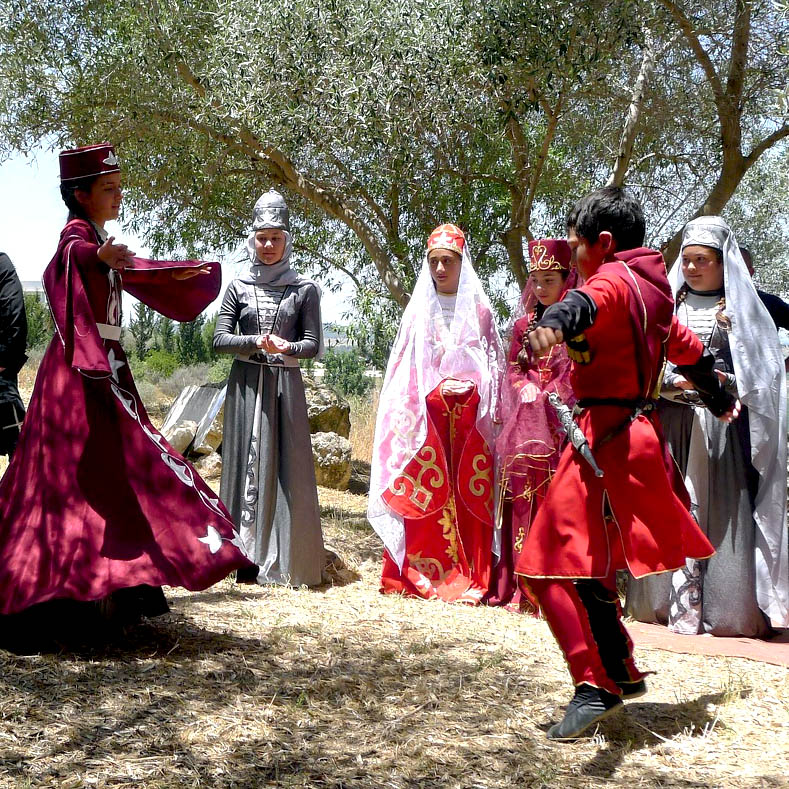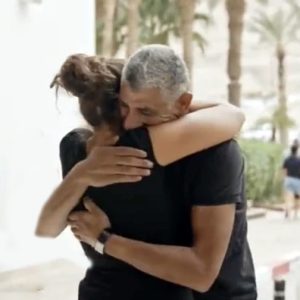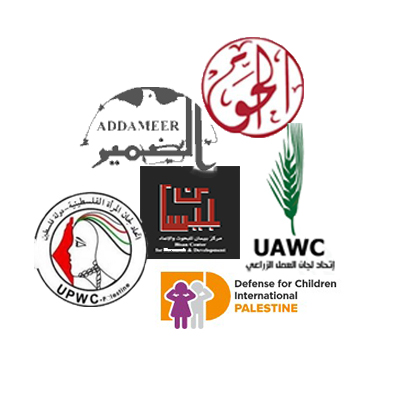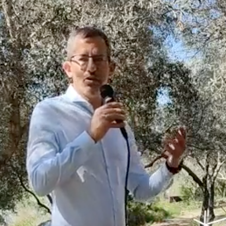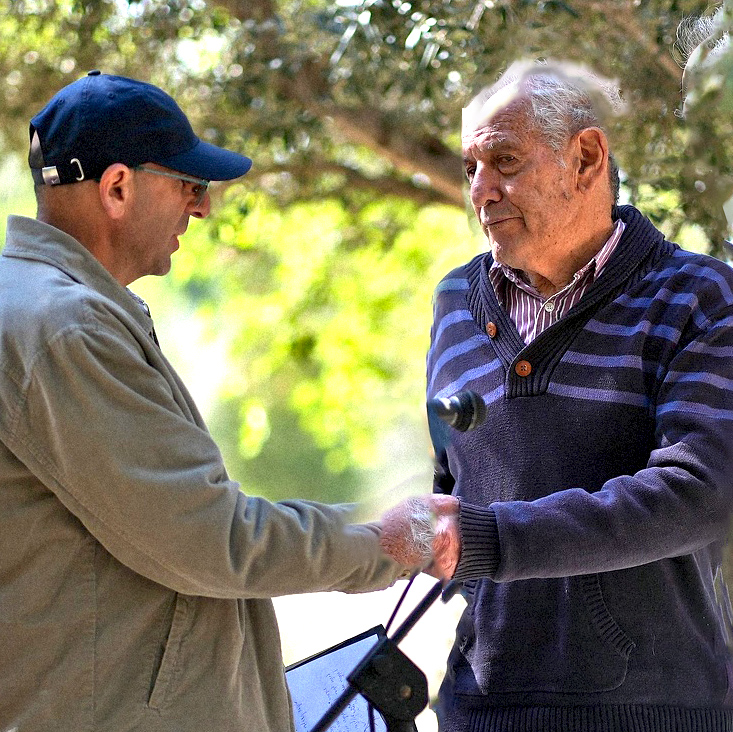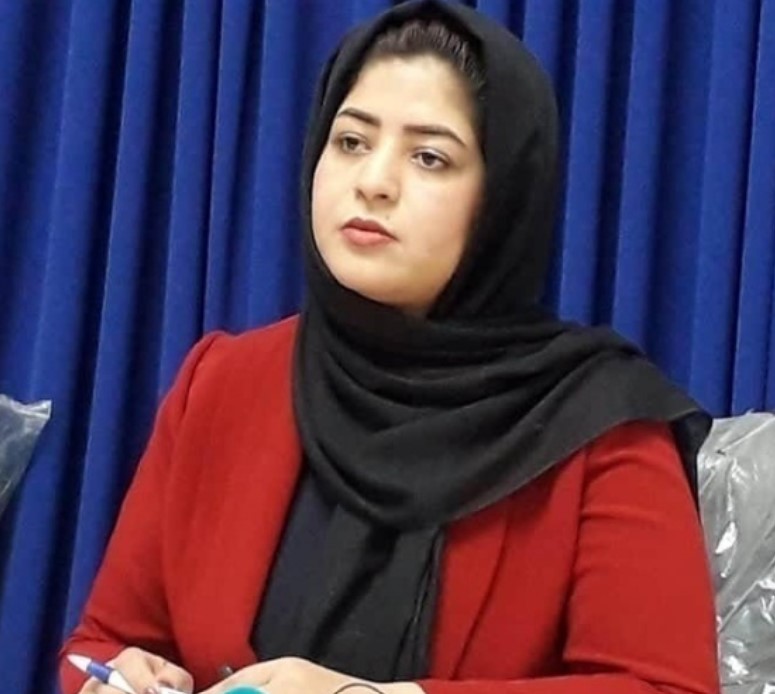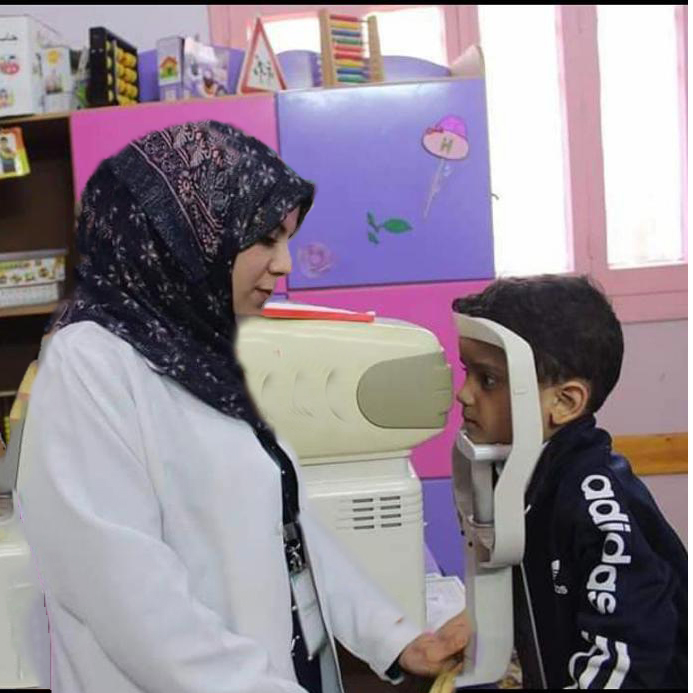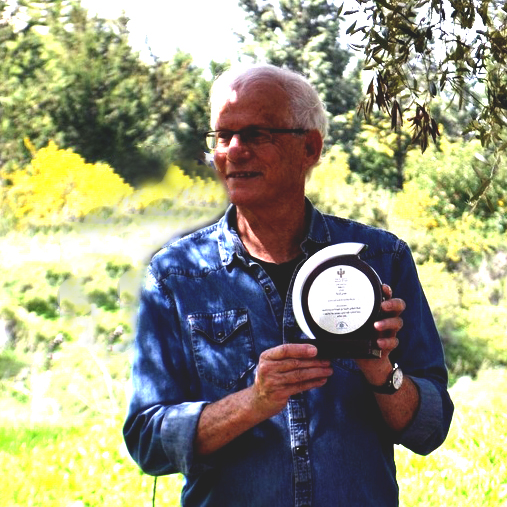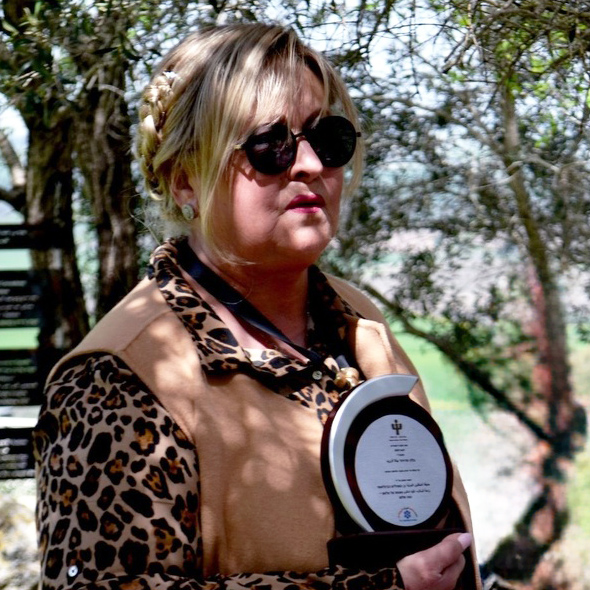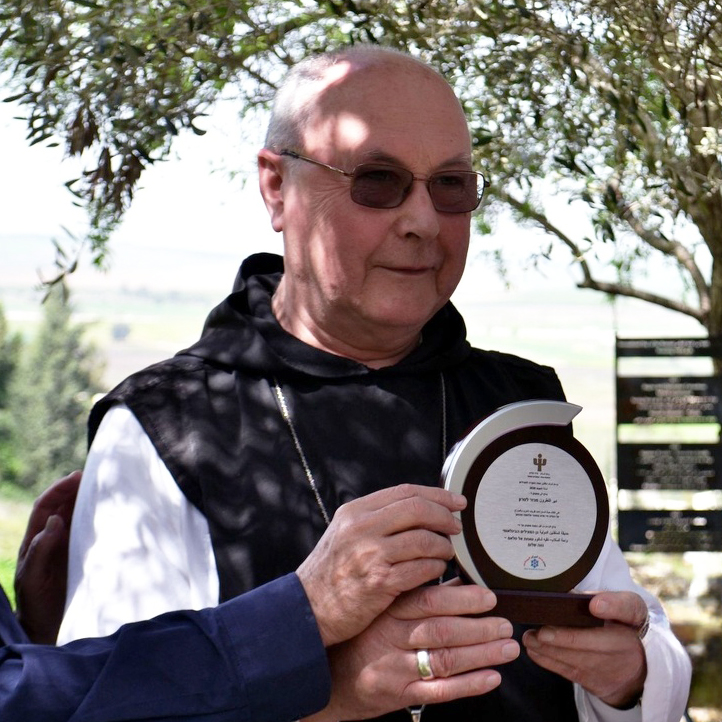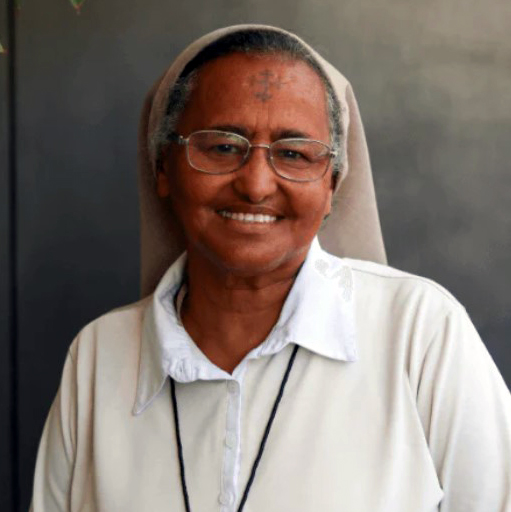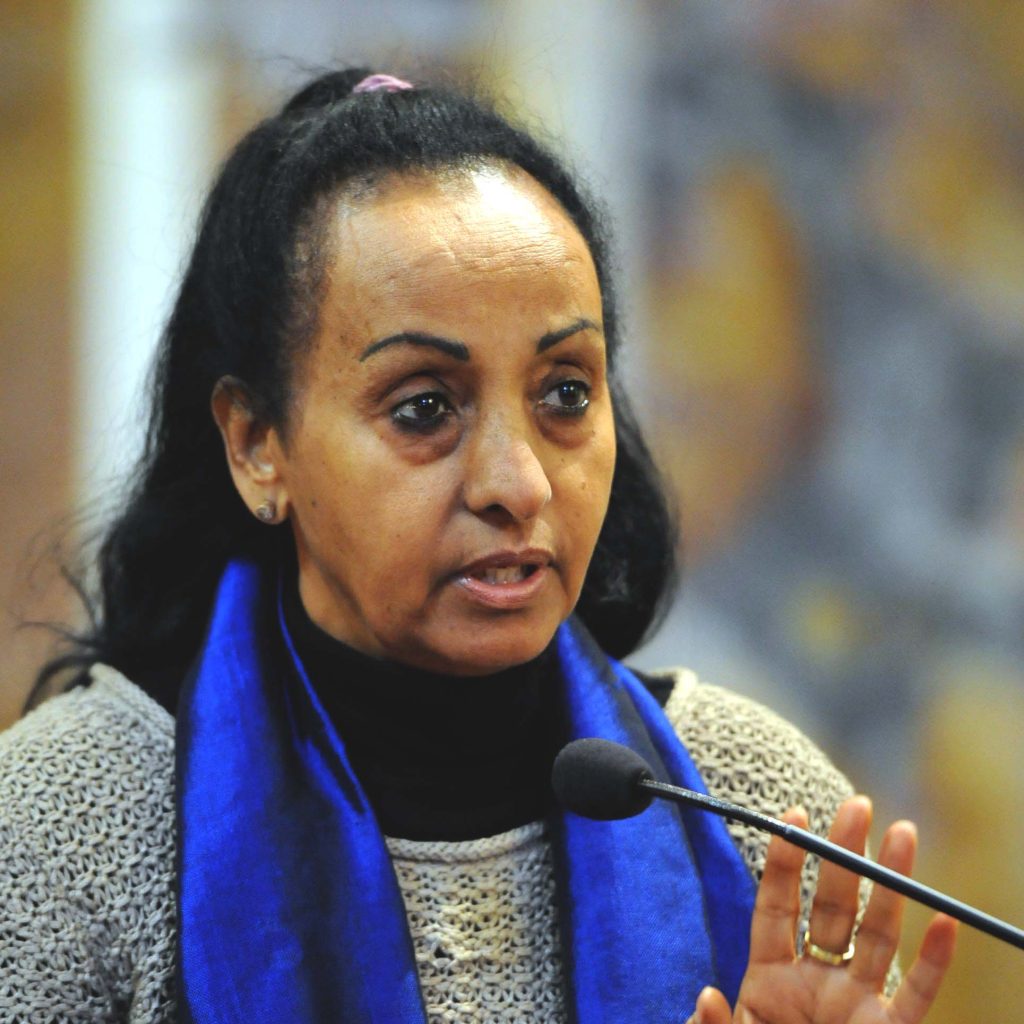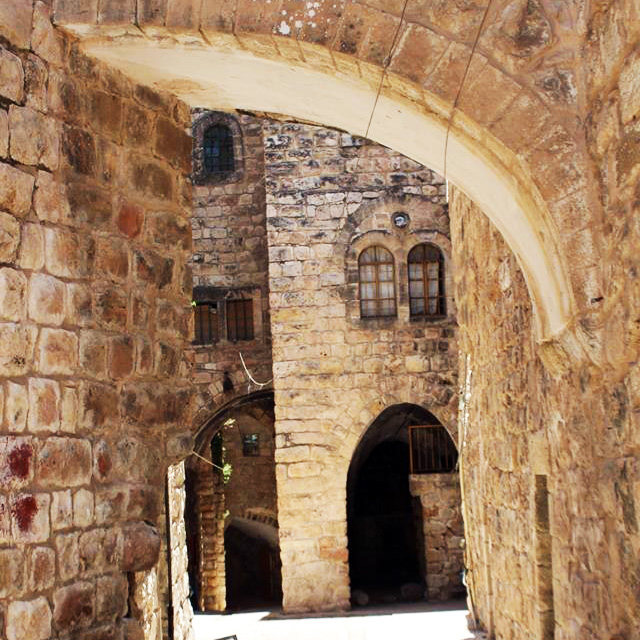In 1942, during the height of World War II, as the German army besieged Leningrad, a group of Jewish children, aged 13 to 14, were being evacuated by train to Soviet-controlled Georgia. However, their journey through the northern Caucasus was abruptly halted when the train was bombed by German forces, destroying one of the carriages. While the exact number of casualties remains unknown, the surviving children, accompanied by a Russian officer, were left with no choice but to continue their journey by horse cart.
As they travelled deeper into the Caucasus, the officer was warned by locals that attempting to enter Circassian villages could be dangerous, as they might be met with hostility. Nazi forces were already in the area, further complicating their situation. But with the children weakened and in desperate need of shelter, the officer decided to take the risk and led them into the Muslim Circassian village of Beslan.
When the group arrived in the village, most of the men were away fighting in the war, leaving the women to make a critical decision. In a remarkable act of collective bravery, the villagers convened and agreed that each household would take in one child, fully aware that harboring Jewish children could endanger the entire village. The villagers registered the children under Circassian names, disguising their true identities and presenting them as their own.
For 152 days, as German forces occupied the village, the Circassians successfully maintained this ruse. Despite the constant threat of discovery, they managed to protect 31 of the children, with only one child tragically discovered and killed by the Nazis. The children’s survival was due to the villagers’ unwavering commitment to their safety and their clever strategy of integration and concealment.
Why the Circassian villagers were chosen to be honored in the Garden of Rescuers: The Beslan villagers’ willingness to risk everything to protect the lives of vulnerable children, despite the overwhelming danger posed by the Nazis, is a testament to the strength of their character, their personal and collective courage and their adherence to the values of hospitality and protection that are deeply rooted in Circassian-Moslem culture.
